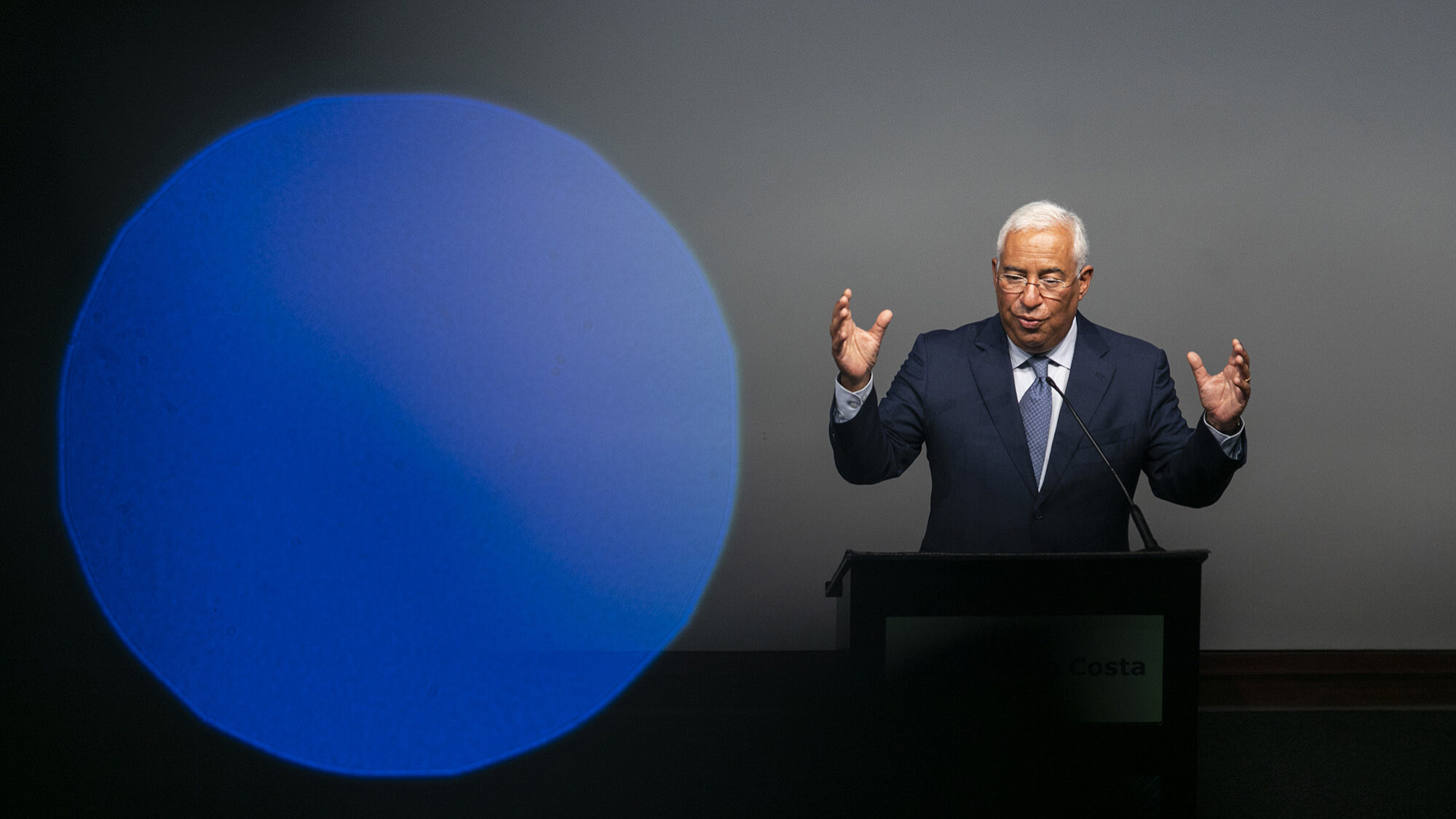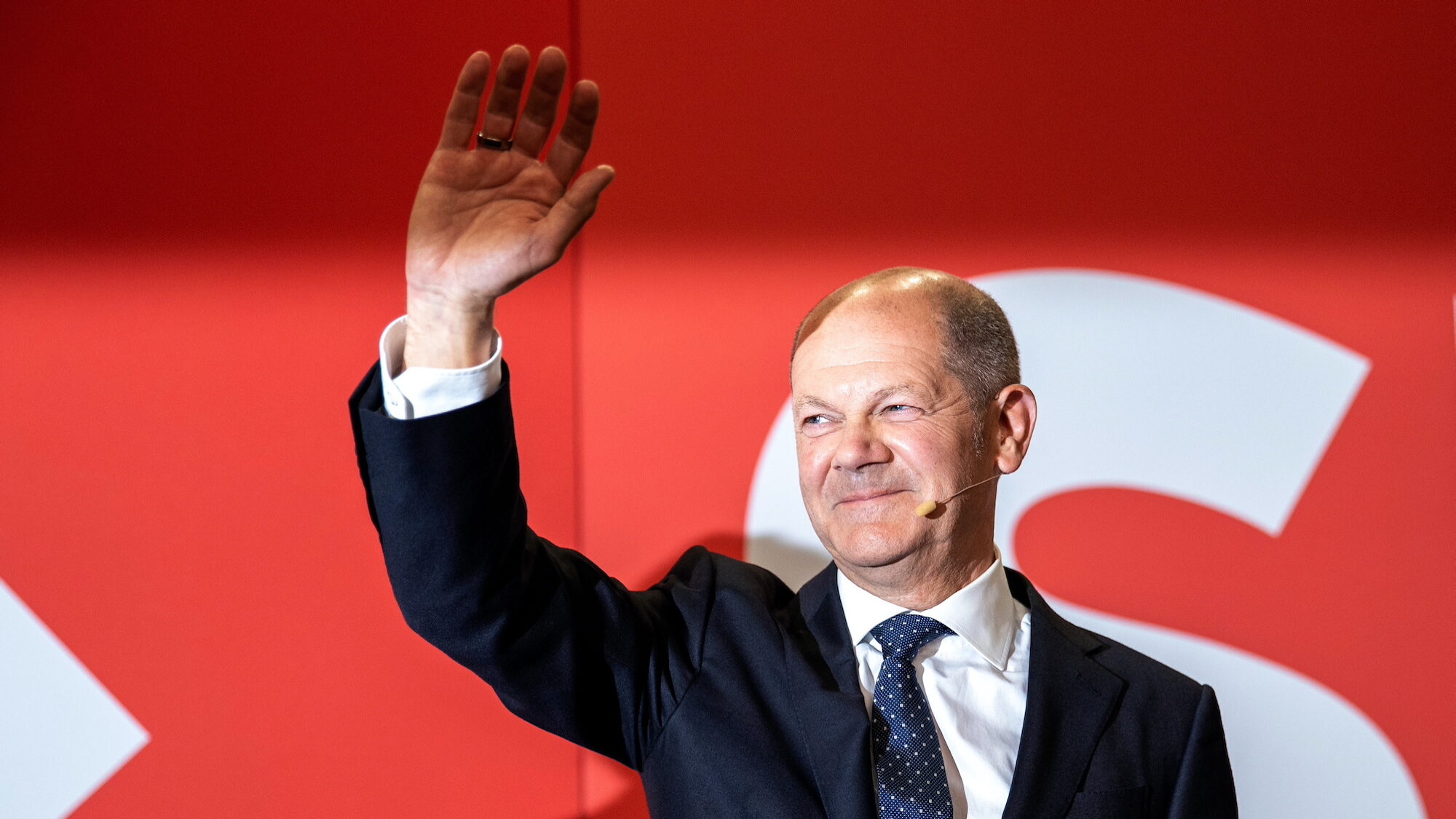António Costa says new social pact will do more, better
The prime minister said on Thursday that the new cooperation pact signed today between the state and solidarity institutions would allow it to do more and better in the social sphere.
Portugal’s prime minister said on Thursday that the new cooperation pact signed between the state and solidarity institutions would allow it to do more and better in the social sphere, in a speech in which he evoked the governments of António Guterres in this area.
António Costa took these positions in his speech at the closing ceremony of the signing of the second pact for cooperation in social solidarity. This document will have a ten-year horizon. The first version of which now expires had been in force since December 1996.
In his speech, António Costa began by greeting Ferro Rodrigues and Vieira da Silva and said that António Guterres himself, current Secretary-General of the United Nations, sent “a fraternal embrace” to all those present at the session, saying that he remembers with “special emotion the moment” when his government signed the first pact in 1996.
“We are here to renew the vows we took 25 years ago and say that we want to continue together for another ten years the path that began in 1996. And we are going further: we want to continue together to respond to a set of new social responses, such as the network of crèches to support children, or the objective of ensuring active and healthy ageing,” he declared.
Concerning the new pact, the current prime minister highlighted the proximity and decentralisation aspect, defending the thesis that this type of action will be better exercised “the closer it is to the people and the better it is accompanied”.
“That is why this pact is signed by the central state, but also by the local authorities,” he added, alluding to the presence of the president of the National Association of Portuguese Municipalities (ANMP) Luísa Salgueiro.
“This commitment reaffirms our strategic partnership between the State, local authorities and institutions of the solidarity and social sector, but also demonstrates our will to do more and in more areas than we have done before,” he sustained afterwards.
Besides issues related to the support to children or the elderly, the prime minister said that the new pact would allow better answers “to citizens that look for a job opportunity in Portugal” or to citizens that are “welcomed to ensure their international protection as refugees”.
Better answers also, according to António Costa, “for the victims of several social circumstances, namely domestic violence”.
In his speech, Costa also pointed out that the new pact was characterised by “a predictability” in terms of sharing effort at the level of the burden of work done in common.
“Progressively, annually, we will converge towards an equitable sharing of the burden between the state and the institutions, to reach 50% for each of the parties. It is a path that we have started, that we will continue and that, surely, will lead us to a good port,” he added.
Earlier, by videoconference, the minister of labour, solidarity and social security, Ana Mendes Godinho, gave some details about the pact, highlighting its objectives concerning new areas, namely the access to affordable housing or emergency accommodation.
Godinho also stressed the importance of signing an addendum to the commitment. The state provides monthly support of €3.3 million to help solidarity institutions support the costs resulting from the national minimum wage increase in 2022.
At the ceremony, besides António Costa, the government was represented by the minister of health, Marta Temido, education, Tiago Brandão Rodrigues, and public administration, Alexandra Leitão.


